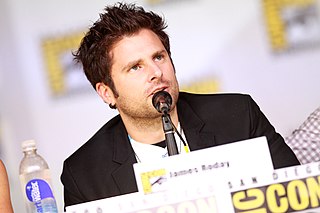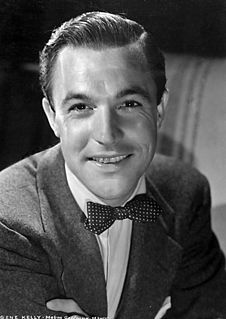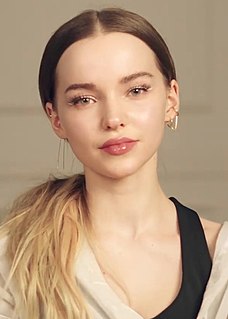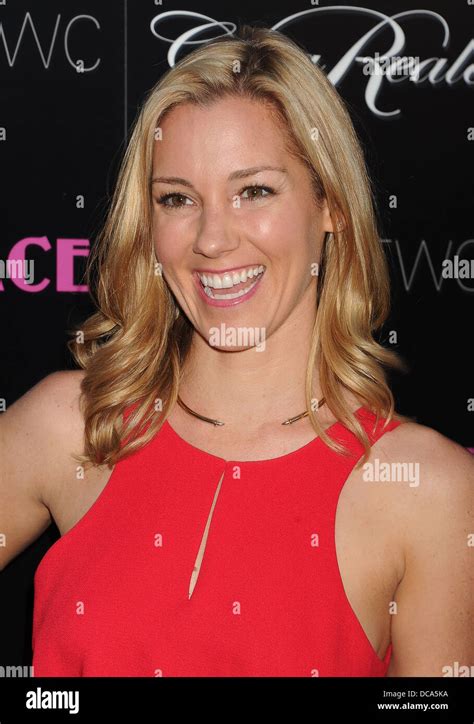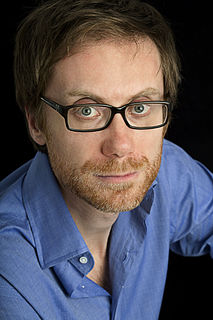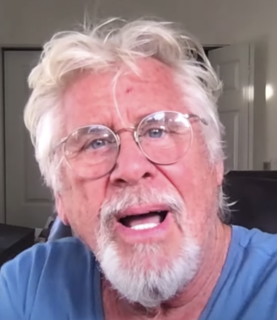A Quote by Ryan Reynolds
When I do comedy, my brain sort of locks up in the infinite possibilities. That's where I get sort of lost. I think, "Oh, there are six other jokes that we could say here!" I feel more at home with drama.
Related Quotes
Because I was familiar with Taika's Watiti work and there's a very subversive, funny streak amongst all of them. I don't think he turned [Hunt for the Wilderpeople] into a sort of drama, there's too much dark material underneath it for it to be a comedy; it wasn't designed to be a comedy. I think it's a comedy... I think it's a drama that's funny; which is different.
There are jokes I know I want to tell, and there's sort of a rough order, but usually I try to change it up every show, to improvise and talk with the audience. I think when you tell jokes, if you're not careful, you can end up telling the whole list of jokes and then that's it. And that can get a little boring.
At the beggining of my career, for me the comedy circuit was a combination of desperation and the fact that it was something I could do. I sort of meandered and really had no idea what I was going to do with my life. I had a go at stand-up, and I was sort of okay at it. I'd say I'm the opposite of someone that has the urge to stand in front of strangers and make them laugh, but the idea of getting up and telling a story and people finding it amusing always appealed to me. So I'd say it was probably more about that than anything.
A lot of female comedians will go up there in a sweatshirt and Converses, trying to dress themselves down, because it is sort of a boy's club. I'll go up in my heels. I like that people don't think I'll be funny. I'll take that on. I don't do standup comedy - I do standup and I do comedy, but I don't go up there and do jokes.
It was a sort of organic thing. I never went, 'I must be an actress.' I thought, 'I think I could do this. I think I could be good at this.' I would just get sort of hungry when I read something I thought I can do well, whether it was in books or in scripts or if I saw a certain movie. It sort of happened quite naturally.
I knew I just loved comedy, and I think it was my parents who initially brought up the notion of me trying to do stand-up. I think I actually tried writing jokes just at home, just kind of sitting around. But it seemed like a very real way to step into the world of comedy. I felt I could do it, so why not?
I played a lot of serious parts in a lot of TV movies and early miniseries but what happens is that you get sort of locked into "Oh no, he's a serious actor." Well, I was a serious actor for nine years or 10 years and then I get into comedy and everybody said, "Oh no, he's funny. He can do comedy," and then all of a sudden, you're just a comedy guy.
I wouldn't say I'm personally trying to transition from comedy into drama. I don't look at things like, 'Oh, I need to do a drama now.' I get a lot of material sent to me, and if I feel like something has the creative integrity and the right director and the right whoever involved, the right actors and is a great story, then I do it.




